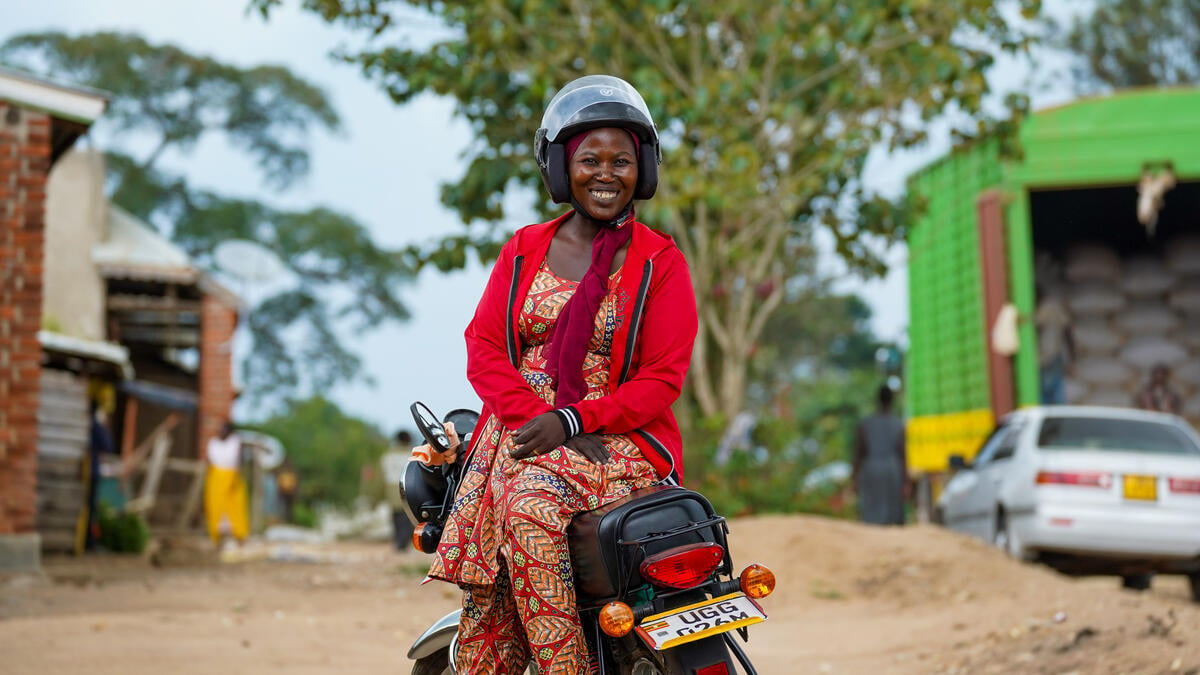Uganda: Most Congolese have returned, despite tense North Kivu
Uganda: Most Congolese have returned, despite tense North Kivu
Most of some 35,000 Congolese refugees who fled to Uganda last week amid renewed fighting and escalation of violence in North Kivu province in the east of the Democratic Republic of the Congo (DRC) have now returned home. They gradually crossed the border as the fighting between the DRC Army, renegade troops and local militias died down.
According to the latest reports from our teams, there are now between 3,000 and 5,000 Congolese at the Bunagana border crossing. On Tuesday night another 160 refugees reportedly crossed into Uganda in Busanza border area (some 30km north from Bunagana) but by Wednesday morning they had all crossed back into the DRC.
Yesterday, Ugandan authorities moved 448 persons from Bunagana border to the Nyakabanda reception centre, some 20 kilometres inside Uganda. Nyakabanda reception centre presently hosts 1,791 Congolese refugees. Yesterday, we distributed blankets to those who had not received them earlier. Stocks have been stored for some 1,500 people at the nearby warehouse, including plastic rolls, blankets, soap, a water bladder, some kitchen sets, lanterns, plates and cups.
There are now three big shelters constructed by UNHCR and one by MSF [Médecins Sans Frontières] sheltering refugees at Nyakabanda. Two smaller shelters were constructed by MSF to host unaccompanied minors. WFP [World Food Programme] distributed food to 1,500 persons on Wednesday and another 600 on Thursday. MSF supplies about 20,000 litres of water per day. Ugandan medical teams and MSF France continue to carry out immunization against measles for children under five.
Yesterday (Thursday) we transported 288 refugees who registered to be relocated to a refugee settlement at Nakivale. We have prepared the Nakivale refugee settlement for the new arrivals and the provision of water, setting-up of sanitation, health and communal kitchen was finalized yesterday.
Inside North Kivu province, the situation remains tense and unstable. Our access to many areas in Masisi and Rutshuru districts is limited due to the volatile security situation. We fear that just a fraction of the most recent displacement in the North Kivu is known to us. Estimates are that since December 2006, the number of newly displaced in North Kivu has surpassed 220,000 and continues to grow. In total, there are more than 650,000 IDPs in this eastern DRC province. We continue to closely coordinate the overall emergency response with other UN agencies and NGO partners.
Amid new reports of positioning of troops, deliveries of military supplies and equipment in the North Kivu, we urge all parties to the conflict in North Kivu to refrain in particular from attacks on the civilian population and displaced.









